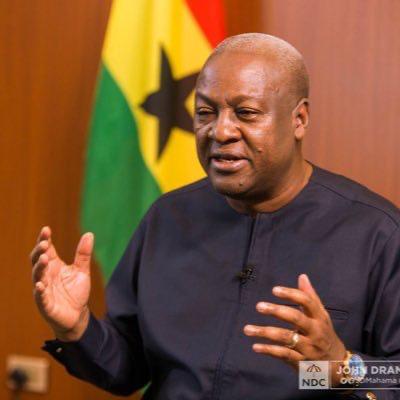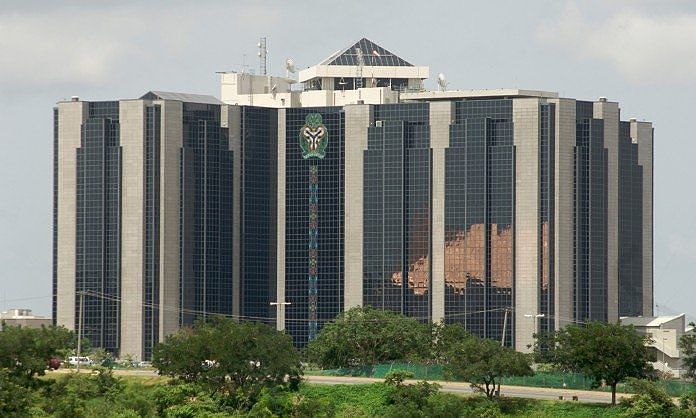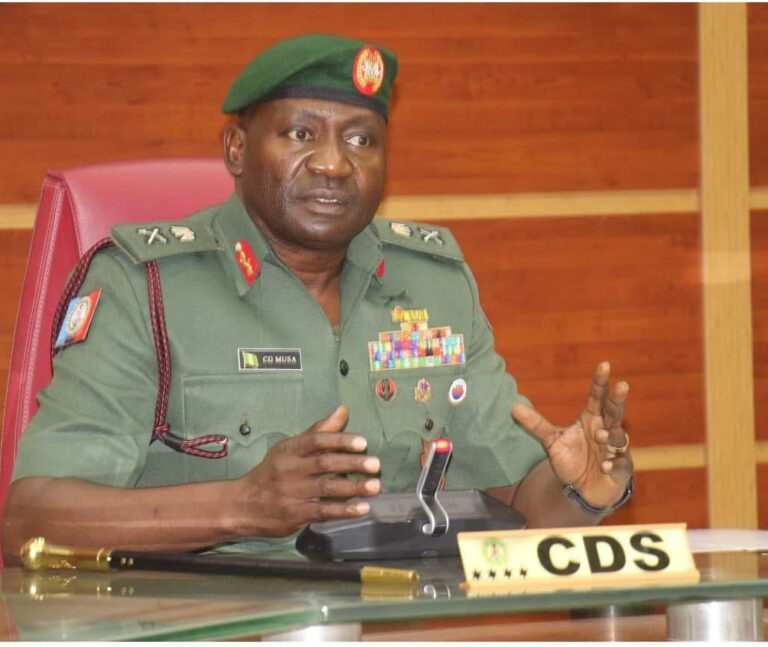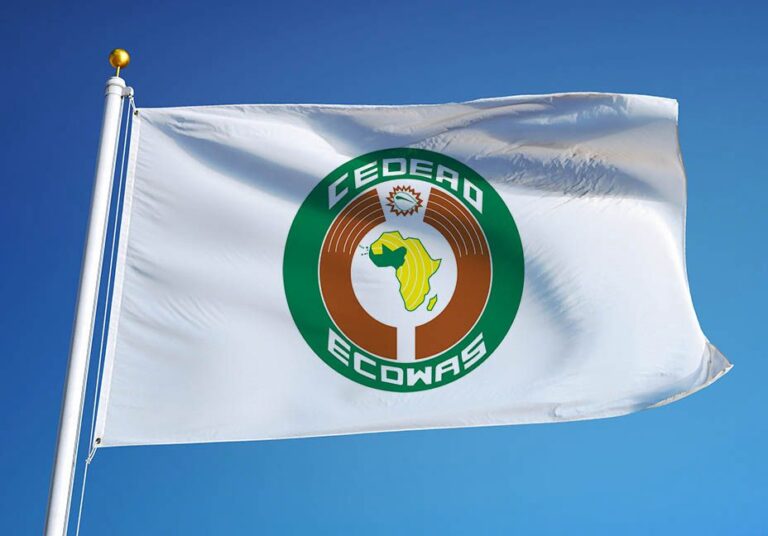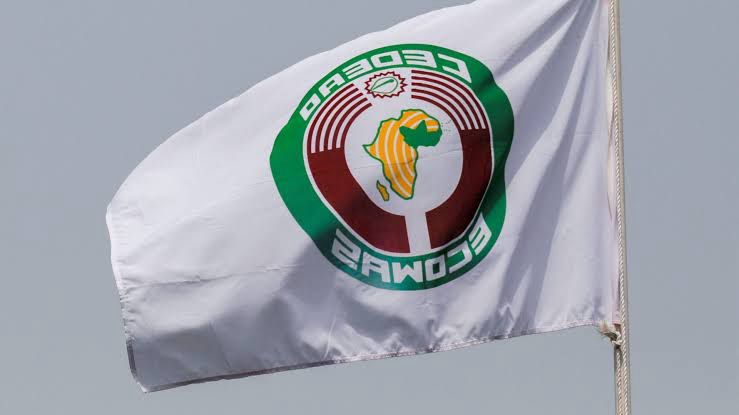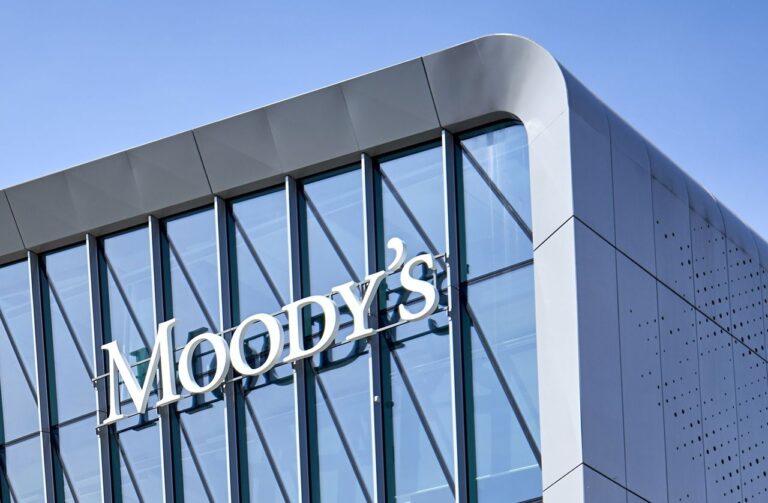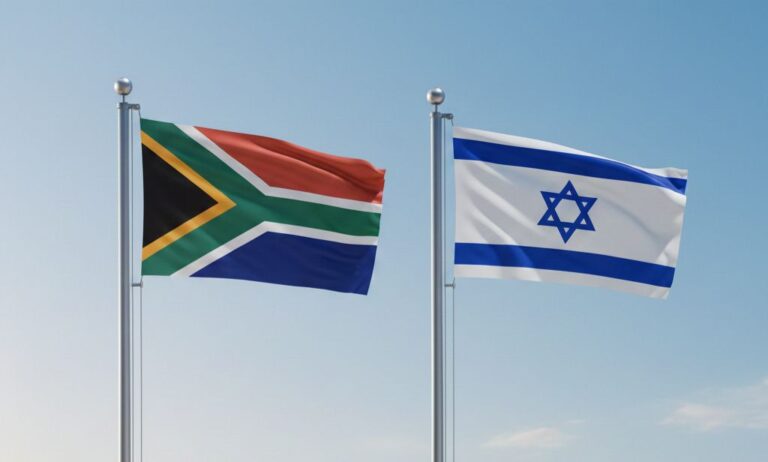Ghanaian President, John Dramani Mahama has, effectively ordered the cancellation of fuel allowances and allocations for all political appointees. This directive forms a crucial part of a broader government strategy to curb expenditure and reallocate public funds towards critical “priority areas”.
Fresh statement from the Presidency noted the move takes effect from Tuesday. This latest prudential measure builds upon significant steps already undertaken by the Mahama administration since taking office. Earlier initiatives included a substantial reduction in the size of government, notably trimming the number of ministerial appointees to 60, roughly half of what his predecessor had appointed.
Furthermore, the government has already ceased satellite TV subscriptions for offices at the Presidency and other state facilities, underscoring a consistent drive towards fiscal prudence.
The west African country’s economy has faced persistent challenges, including high public debt, volatile commodity prices, and the need for significant fiscal adjustments to maintain stability and comply with International Monetary Fund (IMF) program requirements. Ghana has been working to transition from an economy heavily reliant on gold, crude oil, and cocoa exports, which exposes it to global price shocks.
Recent reports, however, indicate signs of recovery, with Ghana’s GDP growth in Q1 2025 surpassing initial forecasts, driven by strong performance in sectors beyond traditional exports like fishing, mining, and manufacturing. The Ghanaian Cedi has also shown appreciation against the US dollar in 2025, supported by improved trade surpluses and increased international reserves.
Despite these positive economic indicators, the cancellation of fuel allowances is a direct response to the need for continued fiscal consolidation and efficient resource allocation. It aims to instill greater accountability and demonstrate that the administration is serious about managing national resources responsibly. By cutting these perks, President Mahama seeks to free up funds that can be channeled into essential development projects, social services, and initiatives like the proposed “24-Hour Economy” plan, which aims to boost productivity and create jobs. This ongoing emphasis on austerity measures and fiscal responsibility is vital for Ghana’s long-term economic stability and sustainable growth, aligning with both domestic policy objectives and commitments under its IMFsupported reform program.




